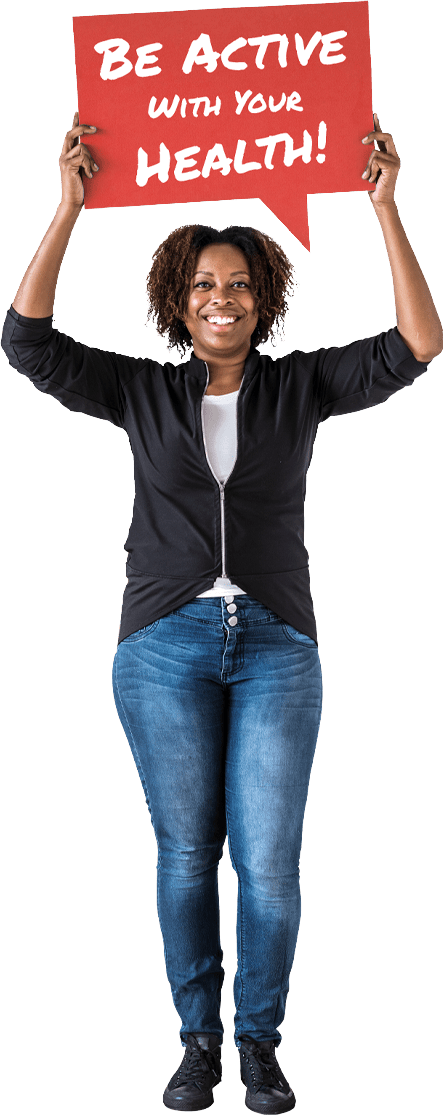
Muscle Pain
Active or inactive, muscle pain can affect us all
The most common causes of muscle pain are tension, stress, over use and minor injuries. This type of pain is usually localized, affecting just a few muscles or a small part of your body.
Systemic muscle pain — pain throughout your whole body — is more often the result of an infection, an illness or a side effect of a medication.
It’s normal to have sore muscles after you work out, play sports, or even do housework, especially if:
Sore muscles after physical activity is known as delayed onset muscle soreness (DOMS).
Anyone can develop DOMS, even those who have been exercising for years, including elite athletes. DOMS can be alarming for people who are new to exercise and it may dent their initial enthusiasm to get fit. The good news is that the pain will decrease as your muscles get used to the new physical demands being placed upon them.
The soreness is part of an adaptation process that leads to greater stamina and strength as the muscles recover and build. Unless you push yourself hard, you’re unlikely to develop DOMS after your next exercise session.
DOMS typically lasts between three and five days. The pain, which can range from mild to severe, usually occurs one or two days after the exercise. This sort of muscle pain should not be confused with any kind of pain you might experience during exercise, such as the acute, sudden and sharp pain of an injury, such as muscle strains or sprains.
There is no one simple way to treat DOMS. Nothing is proven to be 100% effective. Treatments such as ice packs, massage, tender-point acupressure etc can be very beneficial.
One of the best ways to prevent DOMS is to start any new activity programme gently and gradually. Allowing the muscle time to adapt to new movements should help minimise soreness.
You can exercise with DOMS, although it may feel uncomfortable, especially during the warm-up phase. You may find the pain goes away during the session but it will return after exercising once your muscles have cooled down.
DOMS is a type of muscle conditioning, which means your muscles are adapting to the new activity. The next time you perform the same activity, or exercise at the same intensity, there will be less muscle tissue damage, less soreness, and a faster recovery.
Real results that address the root of your problems, not just your symptoms*
Excellent chiropractic care – Steve Mullan really knows his stuff, personally tailored care and doesn’t run any of those expensive, depersonalised, conveyor-belt treatment plans!
Ed
You’ve done such a good job sorting out my sciatica that I’ve almost forgotten the pain I was in earlier on in the year when I hobbled in. I started to feel huge improvements immediately and I’m so grateful to be feeling back to normal.
Anton
*Patient reviews are purely anecdotal accounts from individual patients. Your experiences and result may differ from other patients experiences.







